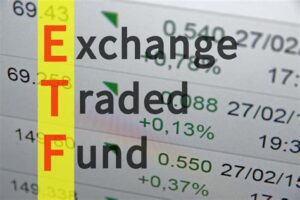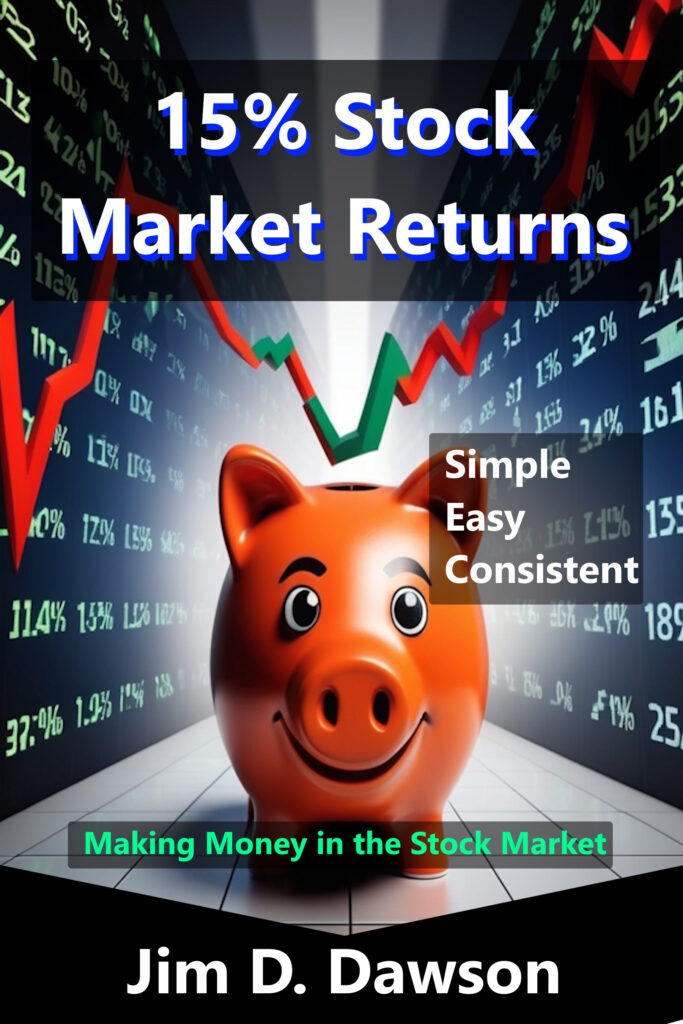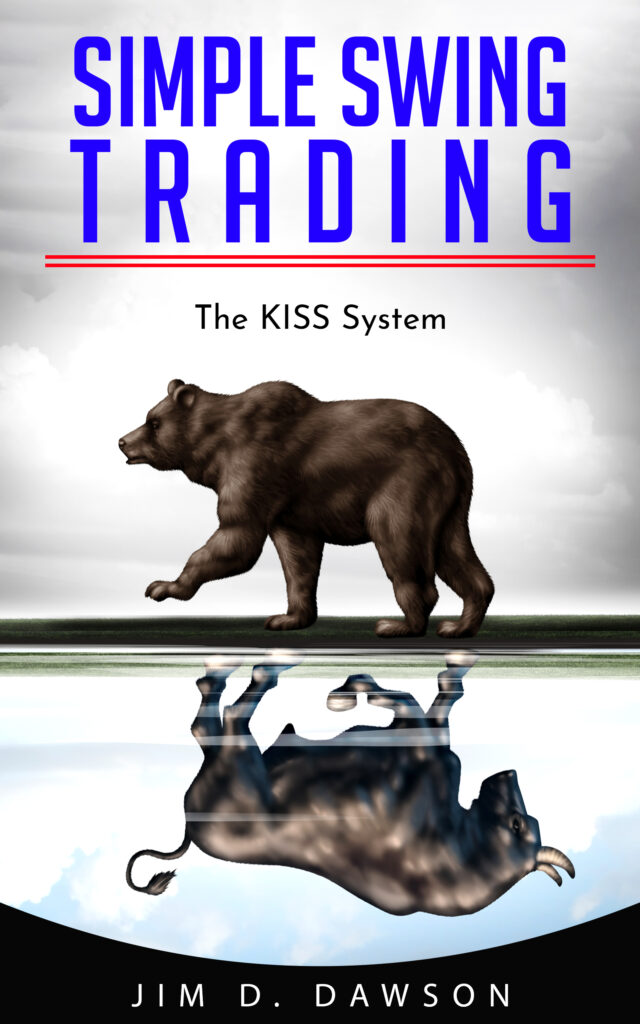What is a derivative income EFT?
A derivative income ETF is an exchange-traded fund (ETF) that invests primarily in financial derivatives, such as options, futures, and swaps, in order to generate income for investors. These ETFs may also use other financial instruments to hedge risk and enhance returns.
The specific strategy of a derivative income ETF can vary widely depending on the type of derivatives it invests in and the market conditions. For example, an ETF that invests in options contracts may collect premiums by selling options on underlying stocks or indexes. The ETF can earn income as long as the options expire worthless or the underlying securities don’t move beyond a certain price level.
Derivative income ETFs can be more complex and riskier than traditional ETFs that invest in stocks or bonds, and they may not be suitable for all investors. Investors should carefully research the specific strategy and holdings of an ETF before investing, and consider consulting with a financial advisor. It’s also important to diversify your portfolio and avoid investing too much in any single ETF or asset class.
What are some examples of derivative income EFT’s?
There are many derivative income ETFs available in the market, and the top ETFs in this category can vary depending on the specific investment strategy, market conditions, and investor preferences. Here are a few examples of popular derivative income ETFs:
- ProShares S&P 500 Dividend Aristocrats ETF (NOBL) – This ETF invests in stocks that have increased their dividends for at least 25 consecutive years, and may use options contracts to generate income.
- WisdomTree CBOE S&P 500 PutWrite Strategy Fund (PUTW) – This ETF invests in S&P 500 put options to generate income by collecting premiums.
- Invesco S&P 500 BuyWrite ETF (PBP) – This ETF invests in a portfolio of stocks in the S&P 500 index and sells call options on those stocks to generate income.
- First Trust Morningstar Dividend Leaders Index Fund (FDL) – This ETF invests in high-yield dividend stocks and may use covered call options to generate additional income.
- iShares iBoxx $ High Yield Corporate Bond ETF (HYG) – This ETF invests in high-yield corporate bonds and may use credit default swaps (CDS) to hedge against default risk and generate income.
There are many more, this is just a rough example of derivative income eft’s.
It’s important to note that each of these ETFs has its own unique strategy and risks, and investors should carefully research the specific ETF before investing. Additionally, other derivative income ETFs may be more appropriate for certain investors, depending on their risk tolerance and investment objectives.
Do derivative income EFT’s make good retirement investments?
Whether or not derivative income ETFs make good retirement investments depends on several factors, including an investor’s risk tolerance, investment goals, and time horizon.
Derivative income ETFs can be riskier than traditional ETFs that invest in stocks or bonds, as they may be more complex and exposed to greater market volatility. However, they may also offer higher potential returns and income streams.
Investors who are closer to retirement may want to consider more conservative investment strategies, such as investing in low-cost index funds or other diversified ETFs that are less volatile. On the other hand, investors who have a longer time horizon may be willing to take on more risk in pursuit of higher returns.
It’s also important to diversify your portfolio and avoid investing too much in any single ETF or asset class. Additionally, investors should carefully research the specific strategy and holdings of any ETF before investing, and consider consulting with a financial advisor.
In summary, derivative income ETFs can be appropriate for some retirement investors, but it depends on their individual circumstances and investment goals. As with any investment, it’s important to carefully evaluate the risks and potential rewards before making a decision.
Are derivative income EFT’s safe?
Derivative income ETFs can be riskier than traditional ETFs that invest in stocks or bonds, but they are not necessarily unsafe. These ETFs use financial derivatives, such as options, futures, and swaps, to generate income for investors, but these instruments can also expose the ETF to greater market volatility and complexity.
The level of risk associated with derivative income ETFs can vary widely depending on the specific investment strategy, market conditions, and other factors. Some ETFs may be relatively conservative, while others may be more aggressive and speculative.
Investors should carefully research the specific strategy and holdings of any ETF before investing, and consider consulting with a financial advisor. It’s also important to diversify your portfolio and avoid investing too much in any single ETF or asset class.
In summary, derivative income ETFs are not inherently safe or unsafe, but their risk profile can depend on a variety of factors. Investors should carefully evaluate the risks and potential rewards before investing in any ETF, and consider their individual circumstances and investment goals.
Who should invest in a derivative income EFT?
Investing in a derivative income ETF can be appropriate for some investors, but it depends on their individual circumstances, investment goals, and risk tolerance. Here are a few factors to consider:
- Risk tolerance: Derivative income ETFs can be riskier than traditional ETFs that invest in stocks or bonds, as they may be more complex and exposed to greater market volatility. Investors with a higher risk tolerance may be more comfortable investing in these types of ETFs.
- Investment goals: Derivative income ETFs may be appropriate for investors who are seeking income from their investments, as these ETFs may offer higher potential yields than traditional ETFs. However, investors should carefully research the specific ETF and its strategy to ensure that it aligns with their investment goals.
- Time horizon: Investors who have a longer time horizon may be more willing to take on greater risk in pursuit of higher returns, while investors who are closer to retirement may want to consider more conservative investment strategies.
- Diversification: It’s important to diversify your portfolio and avoid investing too much in any single ETF or asset class. Investors who are already well-diversified in their portfolio may consider adding a derivative income ETF to their holdings.
It’s also important to carefully research the specific strategy and holdings of any ETF before investing, and consider consulting with a financial advisor. In summary, derivative income ETFs can be appropriate for some investors, but it depends on their individual circumstances and investment goals.


